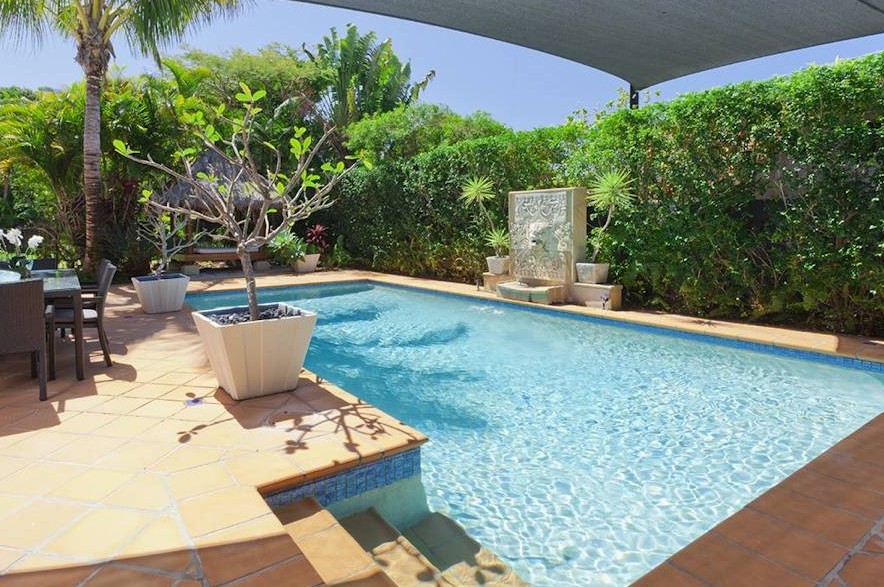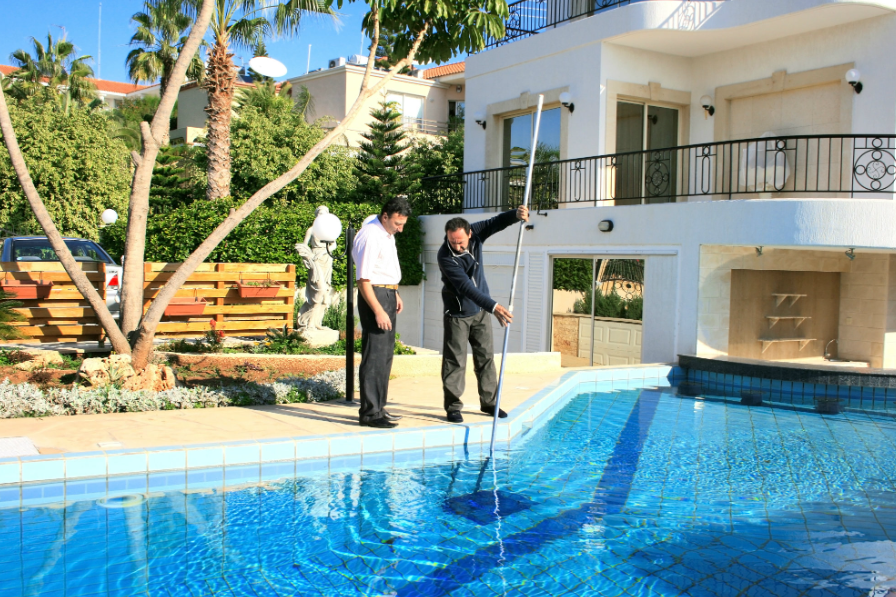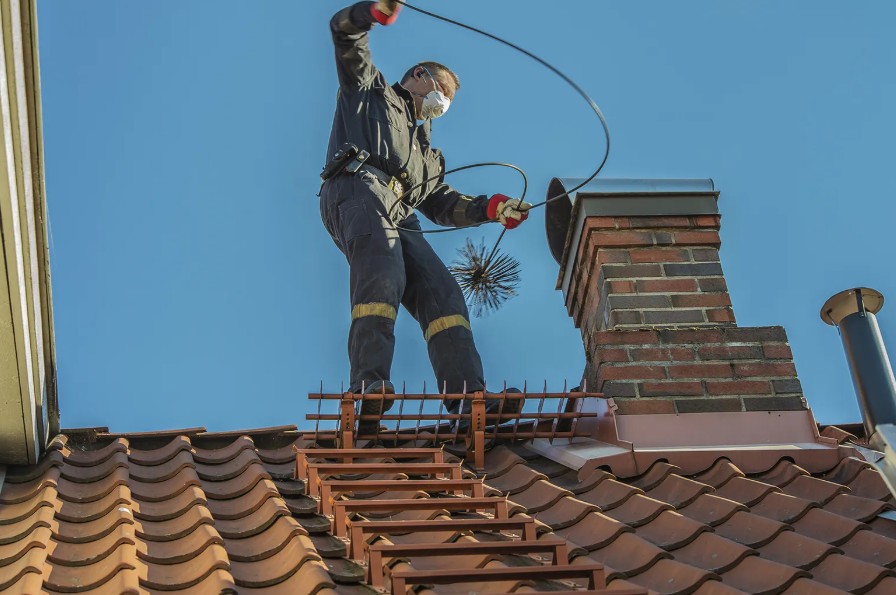
Installing an inground swimming pool in Noblesville is one of the most exciting home improvement projects a homeowner can undertake. Not only does it add beauty and value to your property, but it also provides a personal oasis for relaxation, recreation, and family fun. However, the success of your project hinges on one crucial decision—hiring the right pool contractor.
Choosing a qualified and experienced contractor ensures your pool is built safely, efficiently, and in accordance with local building codes. In this article, we’ll explore what to look for in a pool contractor, the benefits of professional installation, and tips to make the hiring process smooth and successful.
Why Hire a Professional Pool Contractor?
Inground pool installation is a complex process involving excavation, plumbing, electrical work, concrete or fiberglass placement, and decking. A licensed pool contractor has the knowledge, tools, and experience to handle every phase of the job.
Here are key benefits of hiring a professional:
- Expertise: Contractors understand site planning, permits, and soil conditions.
- Project Management: They coordinate equipment, labor, materials, and inspections.
- Code Compliance: Professional builders ensure the pool meets safety and zoning regulations.
- Quality Assurance: Skilled contractors minimize costly mistakes and warranty their work.
- Peace of Mind: You’ll avoid the stress of managing subcontractors or troubleshooting issues.
What to Look for in a Pool Contractor
Not all contractors are equal. Take the time to research and evaluate your options before signing any agreement. Here are the most important factors to consider:
1. Licensing and Insurance
Make sure the contractor is licensed, bonded, and insured in your state. This protects you in case of accidents, property damage, or incomplete work.
2. Experience and Reputation
Look for a contractor with a solid track record in inground pool construction. Ask:
- How long have you been in business?
- How many pools have you installed?
- Do you specialize in concrete, fiberglass, or vinyl pools?
Check online reviews, Better Business Bureau (BBB) ratings, and ask for references from previous clients.
3. Portfolio of Past Work
A reputable pool contractor should provide a gallery or portfolio showcasing completed projects. Look for variety, quality craftsmanship, and creative designs that match your vision.
4. Transparent Estimates
Avoid vague quotes. A professional contractor will give you a detailed estimate that outlines:
- Materials and labor
- Pool size and features
- Equipment (pumps, filters, heaters)
- Permits and inspections
- Decking and landscaping (if included)
- Estimated timeline
Compare bids from multiple contractors, but don’t choose based on price alone—quality and reliability are just as important.
5. Communication and Responsiveness
Your contractor should be approachable, answer your questions clearly, and explain the construction process. Good communication ensures that your expectations are met throughout the project.
Questions to Ask Before Hiring
To find the best fit, ask these questions during your consultation:
- Are you licensed and insured in this state?
- Can I see a portfolio of recent installations?
- Do you provide a written contract with a project timeline?
- Who will be managing the project on-site?
- How do you handle unexpected issues or changes?
- What kind of warranty do you offer?
- Will you obtain all required permits?
- Do you offer post-installation maintenance or support?
Clear answers to these questions help you assess the contractor’s professionalism and commitment to quality.
Understanding the Pool Installation Process
Hiring a contractor doesn’t mean you’ll be left in the dark. Understanding the general phases of pool installation can help you stay informed:
- Design and Planning: Work with the contractor to create a pool layout that fits your space, style, and budget.
- Permits and Site Prep: The contractor obtains permits and prepares the site for excavation.
- Excavation: A crew digs the pool according to the design specifications.
- Structural Work: For concrete pools, rebar is placed and shotcrete or gunite is applied. For fiberglass, the pre-formed shell is lowered into place.
- Plumbing and Electrical: The contractor installs pipes, wiring, lighting, and filtration systems.
- Decking and Landscaping: Surrounding areas are finished with concrete, pavers, or landscaping features.
- Final Inspection and Startup: The pool is filled, water is balanced, and systems are tested.
Most installations take 4–8 weeks, depending on the pool type, weather, and complexity.
Red Flags to Avoid
Be cautious of contractors who:
- Ask for large upfront payments
- Provide only verbal agreements
- Lack a physical business address
- Avoid providing references or licensing info
- Promise unrealistic timelines or “too-good-to-be-true” prices
Trust your instincts—if something feels off, keep looking.
Conclusion
Hiring a pool contractor is one of the most important steps in building your dream backyard. A qualified professional not only ensures a safe and beautiful inground pool but also saves you time, money, and stress. By researching credentials, reviewing past work, asking the right questions, and understanding the process, you’ll be well on your way to enjoying the perfect pool—custom-built to match your lifestyle and home.
Take your time, choose wisely, and soon you’ll be swimming in a backyard retreat that adds value and enjoyment for years to come.





